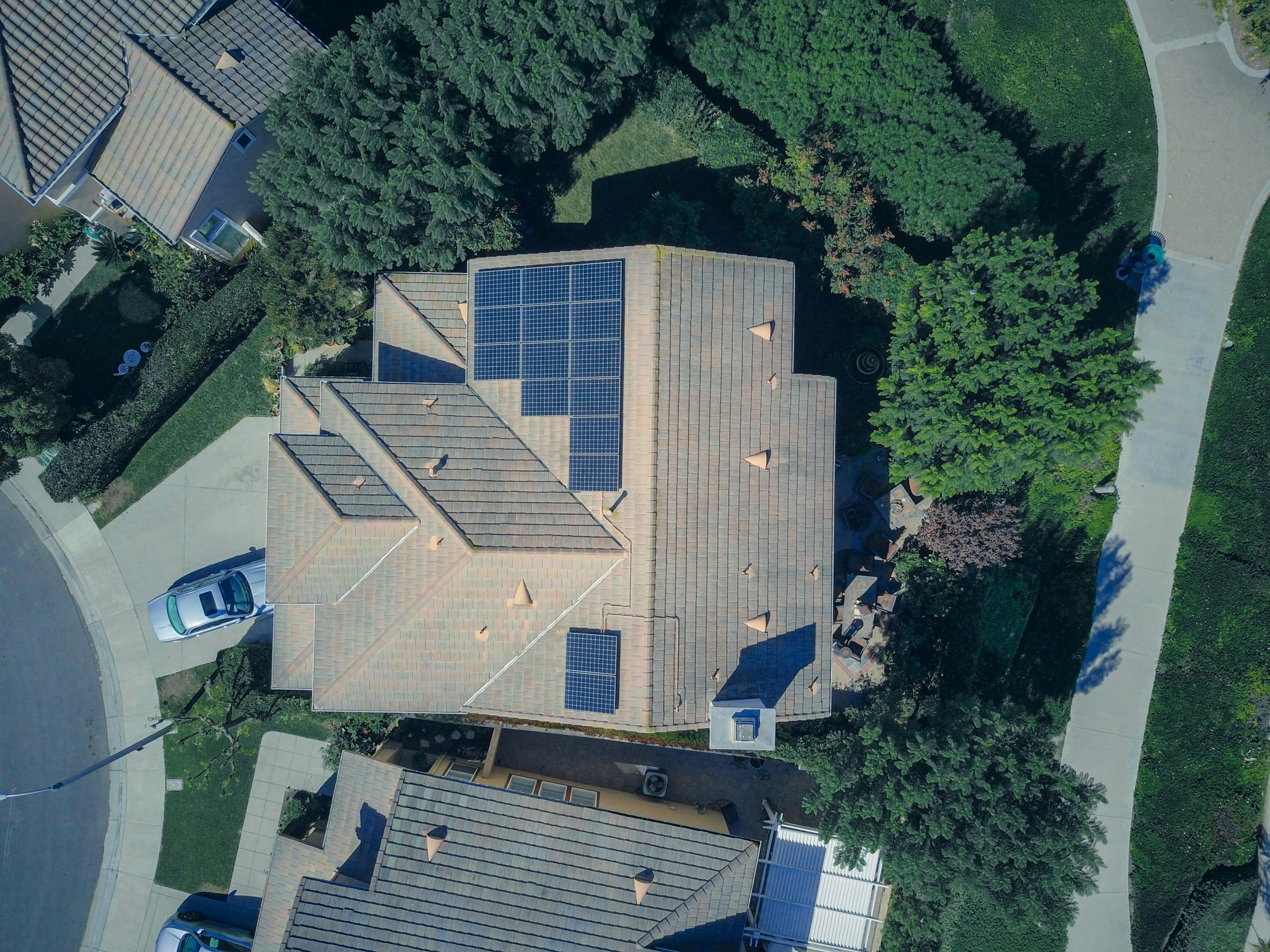Some people are choosing to use green energy for their homes. Here are some pros and cons to installing solar panels on your home.
Pros:
- Environmental Benefits: Solar energy is a renewable, clean source of energy. Installing solar panels reduces your carbon footprint and dependence on fossil fuels.
- Incentives and Tax Credits: Many governments offer incentives, such as tax credits or rebates, for installing solar panels, which can lower the initial cost.
- Increased Property Value: Homes with solar panel systems often have higher property values, as potential buyers see the long-term energy savings as an attractive feature.
- Energy Independence: Solar panels provide a way to become more energy-independent, especially if combined with battery storage systems, which can offer power during outages.
- Low Maintenance: Once installed, solar panels require little maintenance. They typically have a lifespan of 25 to 30 years.
Cons:
- High Initial Costs: The upfront cost of purchasing and installing solar panels can be high, although this is offset by incentives and savings over time.
- Weather Dependent: Solar panels are less efficient on cloudy or rainy days and cannot generate power at night. This limits their efficiency in regions with less sunlight.
- Requires Space: To generate significant amounts of power, you need enough roof or ground space for the solar panels, which can be a challenge for some homes.
- Storage Systems are Costly: If you want to store the energy generated (e.g., for night use or during cloudy periods), battery systems can add significant cost to the installation.
- May Affect Aesthetics: Some people find the look of solar panels unappealing, which may affect the aesthetics of a home or neighborhood.
- Location-Dependent Efficiency: Solar panels work best in areas that get a lot of sunlight. Homes in regions with limited sunshine may see less benefit, extending the ti

 Facebook
Facebook
 X
X
 Pinterest
Pinterest
 Copy Link
Copy Link


